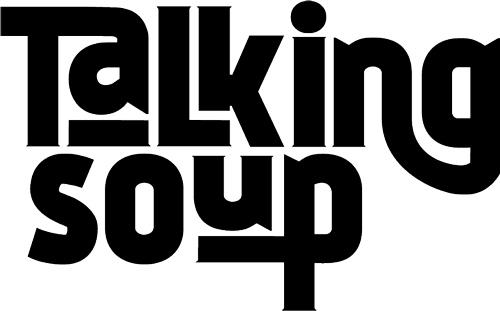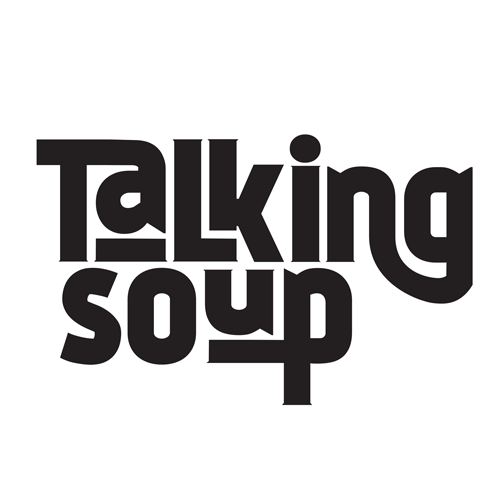“One two, one two,” I say aloud. Like the sounds of a dulcet melody, it’s immediately comforting. If it comes out right, my overpowering headache is not a forerunner to something worse. Not today, anyway.
The first episode came at an unexpected time and, contrary to expectations, not under stress at all. We had just signed the papers at the travel agent’s office for a dream cruise in the Caribbean. As we said our goodbyes, I couldn’t manage to articulate the words. They were garbled, sounding like a foreign language. I didn’t know what was happening.
The next one intruded a few years later. I had just negotiated a great deal with a carpenter to erect wall-to-wall bookshelves in the dining room. Feeling happy and a little smug over the money I saved, I started to thank him. What came out was not English, no real words, just inarticulate sounds. Like the earlier one, it passed within a couple of frightening minutes. This time, I had a hypothesis. Could it be that I might have suffered a little stroke? If so, would there be more? I researched the symptoms and discovered, indeed, I likely had a transient ischaemic attack, aka a TIA. When the blood flow to part of the brain stops for a short period of time it can mimic stroke-like symptoms. In some quarters, it’s called a “mini-stroke,” and increases the likelihood a more major event could follow.
I knew I was an excellent candidate, as they cheerfully say in medical circles, for sudden death. Most everyone on both sides of the generation before mine had suddenly dropped dead before the age of 60. Some had lingered due to repetitive strokes. Fortunately, I had passed the age threshold, but I wondered how much longer I could defy the odds.
I made an appointment with a local neurologist to find out what steps I might take to forestall potential disaster.
But help was not on the way. Without the help of any diagnostic testing, the neurologist paternalistically and figuratively patted me on the head, told me not to worry. No harm done, he said. Just take an aspirin every day and “you’ll be fine.” He even questioned whether I had had TIAs at all. Who would make this stuff up? His patronizing attitude and his unwillingness to deal with the potentially fatal medical issue, not to mention discounting my anxiety, angered me to the point that I never went back.
Shortly thereafter, I found a more compatible physician, an internist with whom I developed a quick rapport. I continued to have regular headaches, the same ones that had plagued me intermittently for most of my adult life. The MRI showed a “left frontal parafalcine meningioma,” situated in the very part of the brain, not only from where the headaches seemed to emanate, but in what has been labeled “Broca’s area,” the one associated with speech production. That would explain why my speech was momentarily disrupted. The tumor is almost always benign but an annual MRI is scheduled on my calendar to make sure it’s not growing.
Since there’s no treatment, it hasn’t stopped the TIAs or the headaches. One night, three years ago, the headache was so severe, I wasn’t sure I would survive it. When I opened my mouth to convince my English bulldog to come to bed early, I was unable to formulate words. She looked at me, puzzled, sensing something was wrong. I quickly retreated to the bedroom, fearing I would collapse before I got there. Perhaps in a moment of denial, I opted to crawl under the covers, hoping to sleep it off. The next morning, I was lethargic but no longer impaired as I had been the night before. I probably should have called 911.
The most recent episode was a fierce ophthalmic migraine, differing from the garden-variety migraine in that it always begins in one eye and has a duration of about an hour. Like the typical migraine, however, the pain is intense and life-interrupting. Ophthalmic or retinal migraines are unlike the nearly daily headaches that have become a regular part of my life; fortunately, they have occurred infrequently. It’s relatively easy to weather these, though, knowing they are time-limited.
I never know when any of this will happen, of course, nor when the next episode could be a full-on stroke. The headaches long ago became a norm and I no longer take any medication for them. The side-effects for any of that category of drugs sound almost as disruptive as the disease process. My physician tells me I’m more likely to die from cardiac issues (due to my coronary artery disease, a genetic legacy from both sides of my family) than I am from a stroke. Neither sound either pleasant or avoidable. Does the phrase “crap shoot” seem appropriate here?
All I can do is make healthy choices. I struggle to keep my weight in the normal range, eat healthy foods and exercise daily. I have an annual physical, and the doc sets up routine tests for my most vulnerable body parts. At 75, I don’t want to be preoccupied with the avoidance of death, a fallacy if there ever was one. Unlike many, I’ve always been aware of my own mortality. Concern about such matters is not a function of my age. I’m a carpe diem person and have maintained that philosophy throughout my life.
Still, it’s always a relief at those times when I can hear “One two, one two” coming out of my mouth, like the catchy intro to a compelling ear-worm.
Cover image courtesy of diegofornero (destino2003) via Flickr
Read more about all things medical here
Pam Munter has authored several books including When Teens Were Keen: Freddie Stewart and The Teen Agers of Monogram, Almost Famous, and As Alone As I Want To Be. She’s a former clinical psychologist, performer and film historian. Her essays, book reviews and short stories have appeared in more than 150 publications. Her play, “Life Without” was nominated for Outstanding Original Writing by the Desert Theatre League and she has been nominated for a Pushcart Prize. Pam has an MFA in Creative Writing and Writing for the Performing Arts, her sixth college degree. Fading Fame: Women of a Certain Age in Hollywood is scheduled for publication in early 2021.








